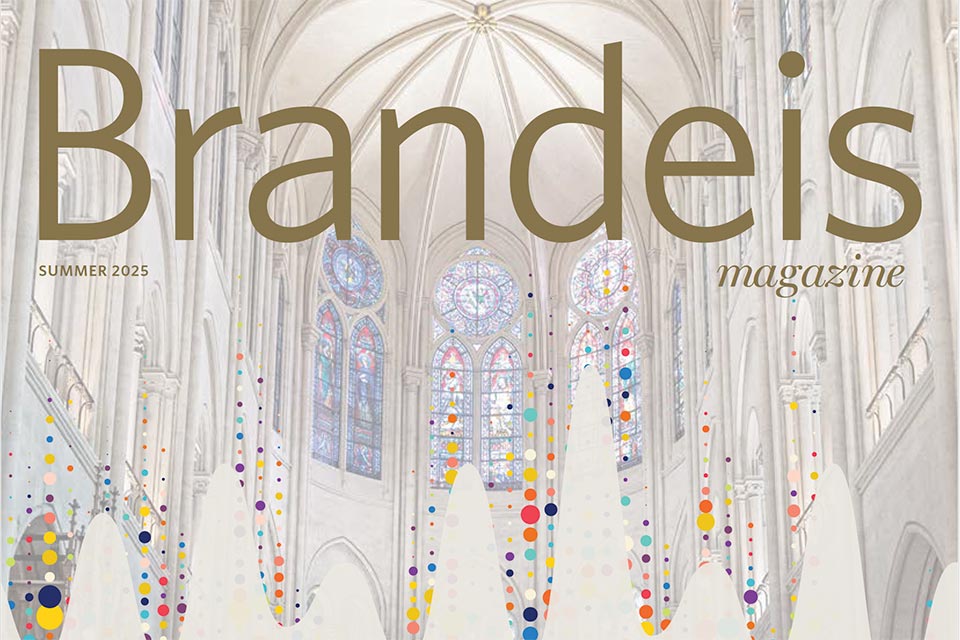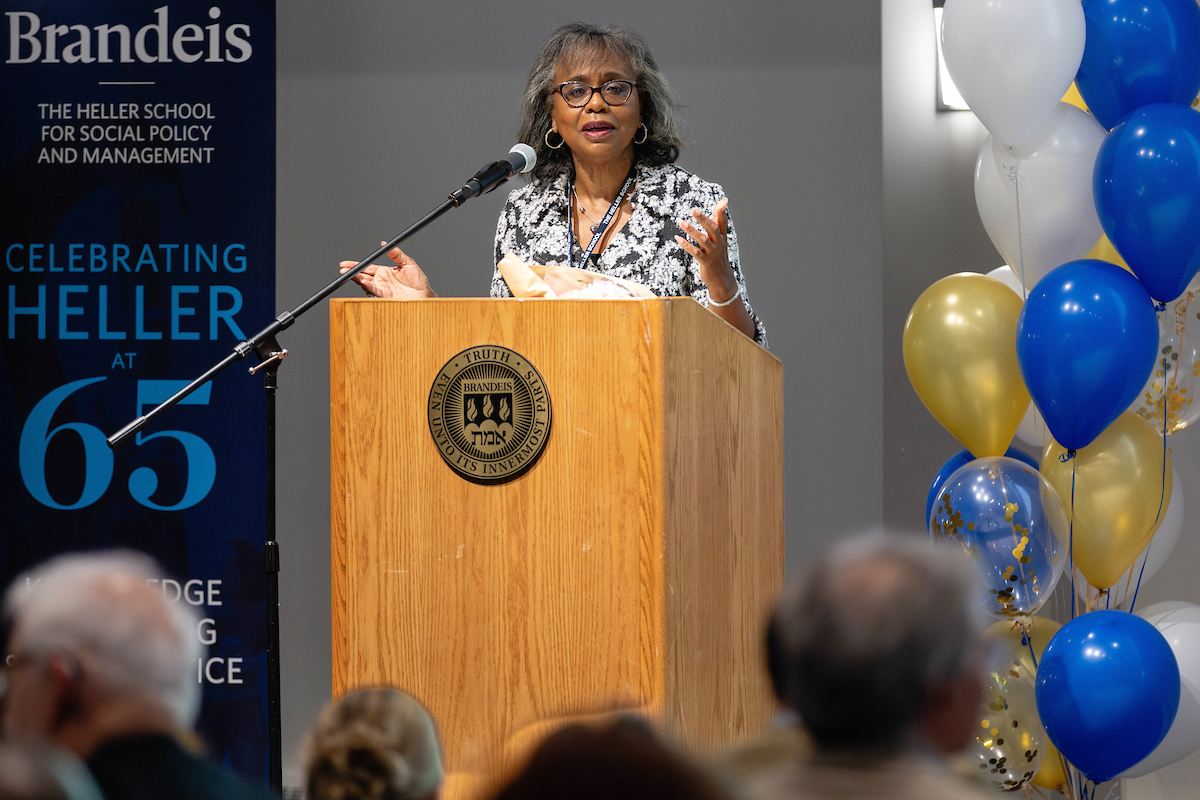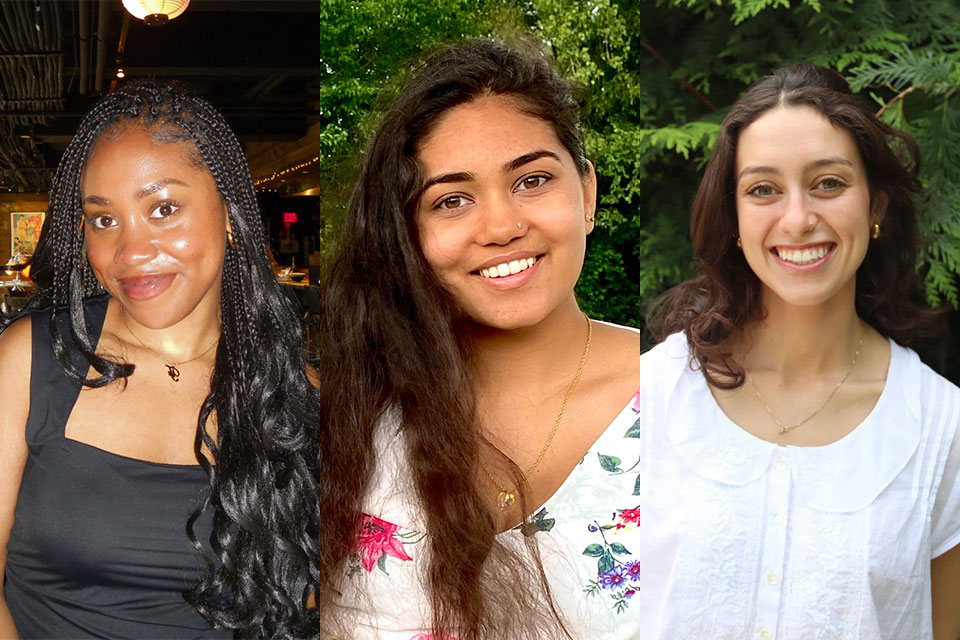Brandeis community comes together for teach-in event
By Kennedy Ryan
December 8, 2023
In response to issues that emerged in the wake of the Hamas attacks, the war in Gaza, and campus events, Brandeis canceled all classes Dec. 5 to hold a special community wide teach-in.
Fourteen events, ranging from group discussions to lecture-style presentations, focused on addressing the pervasive imbalance between the polarizing rhetoric of the current moment — on and off campus — and information based on reliable sources.
Each event aimed to create an environment that fosters respectful, constructive conversations. Drawing on topics from their own courses and expertise, faculty encouraged attendees to engage across their differences and communicate constructively with one another. Dean of the School of Arts and Sciences Jeffrey Shoulson spearheaded the teach-in.
“In recent weeks, it had become clear that the events on our campus, in Israel and Gaza, and around the world called for a meaningful, pedagogical response that would serve as an opportunity for our campus community to learn together,” Shoulson said. “It is my hope that this event helped everyone across campus grapple with the many challenging issues we face.”
The teach-in featured 14 events on a broad range of topics: Evaluating News Reports for Credibility, Bias, Authority, etc.; Deliberative Dialogue as a Means to Understanding Ourselves and Others; Hate Speech and the First Amendment
Policing and Race in the US; Dog Whistles and Political Speech; Women, Gender-based Violence, and War; Social Media’s Role in Protest, Polarization, and Disinformation; Studying Judaism and Islam at Brandeis; Reasoning Through Ethical Dilemmas in Times of Political Conflict; Interfaith Dialogue in Times of Crisis; Contemporary anti-Semitism; Contemporary Islamophobia; Kingian Non-Violence; and Did You Know that there are Christians in Israel/Palestine?
Neil Swidey, professor of the practice in journalism, led a discussion on how to evaluate news for credibility, bias, and authority. He urged students to learn to “think like a journalist,” and “interrogate your own assumptions.”
A trio of legal studies professors, Daniel Breen, Rosalind E. W. Kabrhel, and Melissa Stimell, led a lively discussion of the definition of hate speech and how the courts have interpreted it.
Another session, also led by Breen, and Jeffrey Lenowitz, the Meyer and W. Walter Jaffe Associate Professor of Politics, sought to define different kinds of dog whistles used as part of political speech.
During a discussion of contemporary antisemitism, associate professor Laura Jockusch, associate professor Eugene Sheppard, and University Professor Jonathan D. Sarna shared their perspective on the historical origins and modern use of the term ‘antisemitism.’
“It may seem obvious or given, but even for us three as historians, it’s a complex issue,” said Sheppard, associate professor of modern Jewish history and thought.
Jytte Klausen, the Lawrence A. Wien Professor of International Cooperation, dissected the history and modern use of contemporary islamophobia in a lecture she led.
“Islamophobia is prejudice, bias, but it is also a political strategy,” said Klausen.
Despite differences shared in discussions among faculty, students, and staff, each session brought a sense of community.
"We hope these conversations will serve as a foundation for future programming and further examination as we continue to navigate such difficult issues,” said Shoulson.


